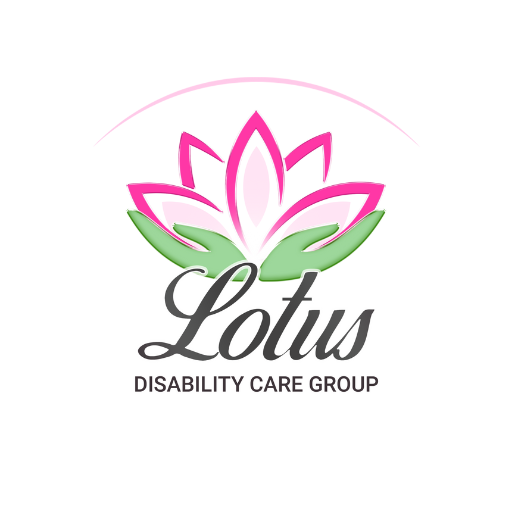Imagine one day, your grandpa looks at you gently but does not remember your birthday or memories together anymore. That’s the quiet signs of Alzheimer’s disease. By 2020, more than 55 million people around the world were living with dementia, including Alzheimer’s. That number is rising fast, expected to hit 78 million by 2030.
This gentle guide is for you. Whether you’re looking for simple tips or even disabled accommodation in Gold Coast for your loved one, we’re here to help you learn how to care for someone with Alzheimer’s.
What is Alzheimer’s disease?
Alzheimer’s disease is the most common cause of dementia, a condition that goes beyond just forgetfulness. It slowly takes away someone’s memory, thinking and ability to do everyday things. It’s not a normal part of aging but age is the biggest risk. Most people with Alzheimer’s are over 65, though some are diagnosed earlier.
The early signs of Alzheimer’s disease often include forgetting recent conversations or repeating questions. Over time, Alzheimer’s symptoms worsen. People may get lost, struggle with words, feel confused or act out of character. In later stages, they may lose the ability to speak or care for themselves.
The exact cause of Alzheimer’s isn’t clear, but genes, head injuries, and conditions like high blood pressure may play a role. In the brain, protein build-ups (plaques and tangles) disrupt how cells communicate, and the damage slowly spreads.
There’s no cure yet, but new treatments are showing promise. And most of all, early care makes a difference.
Challenges of living with Alzheimer’s disease
Living with Alzheimer’s brings a mix of emotional and practical struggles, for both the person and their caregiver. Here are some of the most common challenges:
- Daily tasks become difficult: Simple routines like brushing teeth, bathing, cooking or managing money often require increasing support.
- Memory loss and confusion: Forgetting names, appointments or getting lost in familiar places are early signs of Alzheimer’s disease, leading to harm brain health later.
- Communication breaks down: People may have trouble finding words, following conversations or expressing themselves, leading to frustration and social withdrawal.
- Emotional changes: Mood swings, anxiety and even aggression can appear. Losing independence adds to feelings of fear or sadness.
- Safety concerns: Wandering, weak muscles, and poor decisions can make it unsafe to move around or stay home alone.
- Challenges for caregivers: Caregivers may handle a lot each day from keeping up with routines to offering emotional support and it can feel a bit overwhelming when their efforts go unnoticed.
How families and caregivers support a loved one with Alzheimer’s disease
When a loved one has Alzheimer’s, family members and caregivers play an important role by communicating with care and providing gentle daily support. Take a closer look to see how to care for someone with Alzheimer’s:
Communicating with care
- Use simple, calm words. Speak slowly and clearly. One question or instruction at a time works best.
- Avoid correcting or arguing. If they forget something or say the wrong thing, gently move on. What matters is how they feel, not what’s right.
- Listen with patience. Sometimes they just need to be heard, even if the words don’t make much sense.
- Keep eye contact and smile. Nonverbal cues help them feel safe and understood.
- Gently remind without pressure. Instead of saying, “Don’t you remember?” try “Let’s look at the photo album together.”
- Offer comfort when they’re upset. A soft voice, a hug or holding hands can ease fear and frustration.
Actions that make a difference
- Keep a consistent routine. Doing things like meals, showers or walks at the same time each day brings comfort and reduces confusion.
- Help, but let them try. Support them with dressing or bathing, but allow small choices as it keeps their independence alive.
- Use visual reminders. Calendars, sticky notes or written to-do lists help guide daily activities.
- Make the home safe: Keep the floor clear, turn on night lights and lock doors if your loved one tends to wander.
- Encourage joyful activities. Music, gardening, drawing or even folding towels can give a sense of purpose and calm.
- Take care of yourself too: Last but not least, this one is important too.Reach out for help, take breaks when you need to and connect with other caregivers because you can’t care for others if you’re running on empty.
Proper care won’t stop the disease, but it can slow down symptoms, reduce stress, and improve quality of life. That’s why the role of family and caregivers is so important — try to recognize Alzheimer’s symptoms early and take time to learn more about how to care for them.
At Lotus – a trusted disabled accommodation Gold Coast, we organize workshops and mindful activities for the elderly that can positively impact brain health. Let us be a safe and caring space for those living with Alzheimer’s disease to support their emotional well-being!













